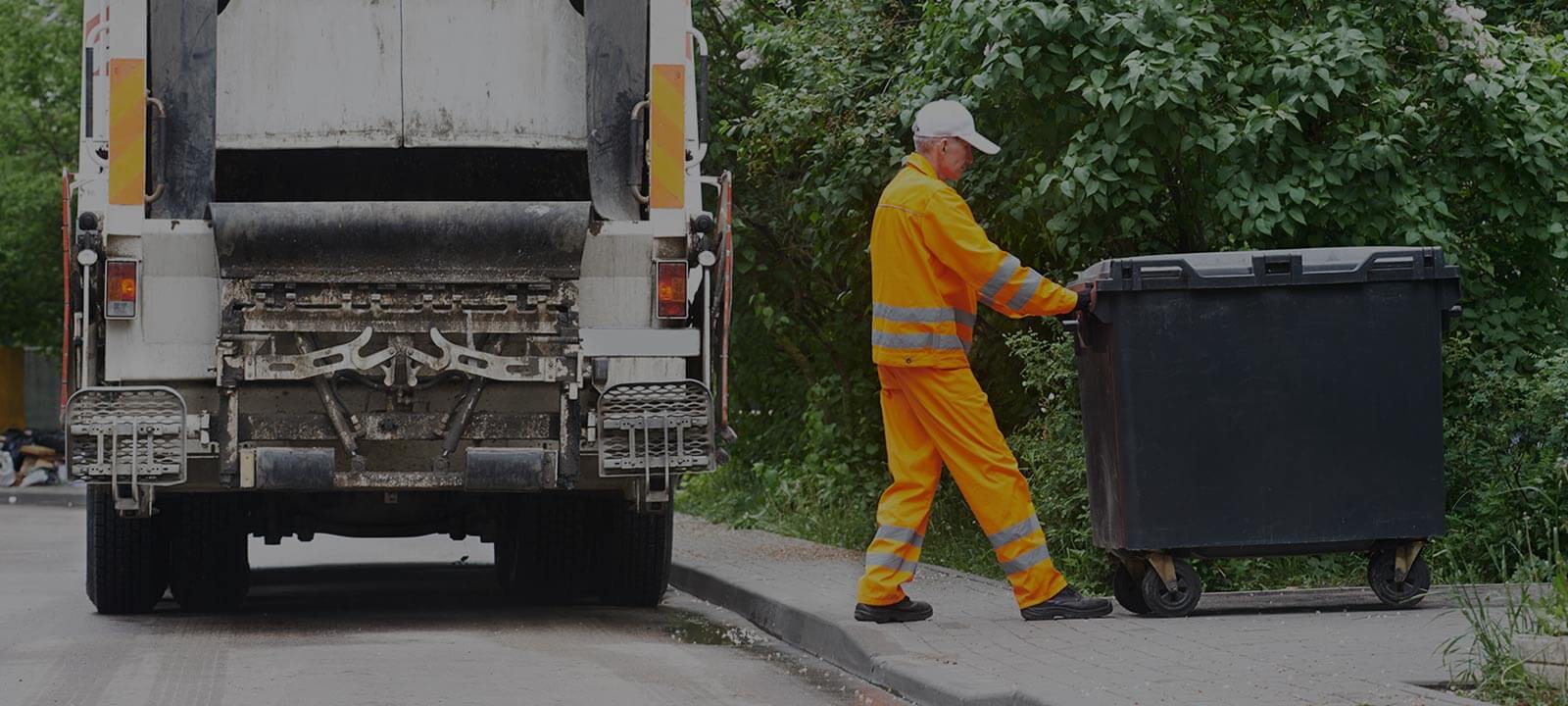Is London a Leader or Laggard in Recycling & Cleanliness?
Posted on 16/12/2024
London, the capital city of England, has long been renowned for its rich history, iconic landmarks, and diverse culture. However, in recent years, it has also gained attention for its efforts in promoting sustainability and cleanliness. With ambitious targets set by the government to become a zero-waste city by 2050, London is often seen as a leader in recycling and cleanliness. But is this truly the case? Let's take a closer look at the city's current state and whether it deserves its reputation as a leader or laggard in these areas.
Recycling Efforts in London:
In terms of recycling, London has made significant progress over the years. In 2019, it was reported that the city recycled 33% of its household waste, surpassing the national average of 45%. This is quite impressive considering that London is one of the most populous cities in Europe with over 8.9 million residents. The city has also introduced innovative initiatives such as the 'Green Points' scheme, which rewards households for their recycling efforts with discounts at local businesses. Moreover, numerous recycling facilities have been established across the city to facilitate proper waste management.
However, despite these efforts, London still falls behind other major European cities like Berlin and Vienna where recycling rates reach up to 60%. In addition, there are concerns about contamination levels in recyclables collected from households, which can greatly impact the efficiency of the recycling process. This points towards a need for better education and awareness campaigns to encourage residents to recycle correctly.

Cleanliness Standards in London:
When it comes to cleanliness, London has faced criticisms in recent years due to increasing levels of litter and air pollution. In fact, it was reported that Londoners throw away around 109kg of household waste per person each year - significantly higher than the national average of 76kg. This results in overflowing bins on streets and public spaces and contributes to environmental degradation. The issue of air pollution is also a major concern, with London being one of the most polluted cities in Europe. This not only affects the environment but also poses serious health risks for its residents.
In response to these challenges, the city has taken measures to improve its cleanliness standards. The 'Love Clean London' campaign, launched by the Mayor's office, aims to tackle littering and encourage responsible waste disposal. The introduction of low emission zones and initiatives like 'Street Cleansing Support' have helped to reduce air pollution levels as well. However, there is still a long way to go before London can achieve the desired level of cleanliness.
Pros and Cons:
London's progress in recycling and cleanliness cannot be overlooked. Its efforts have led to significant improvements and set an example for other cities around the world. However, there are still certain challenges that need to be addressed. One of the major drawbacks is lack of consistency in recycling policies across different boroughs in London. This can create confusion among residents and hinder their recycling efforts.
Moreover, with such a large population, it can be difficult to keep up with the demand for waste management services. This can result in delays and inadequate resources being allocated in some areas, leading to overflowing bins and littered streets. To overcome these issues, it is crucial for the city authorities to work closely with local communities and businesses to ensure effective waste management practices are in place for every resident.
Tips for Improving Recycling & Cleanliness in London:
1. Education is key - Conduct regular awareness campaigns to educate residents about proper recycling techniques and the importance of maintaining a clean environment.
2. Incentivize recycling - Offer rewards or discounts for households that recycle correctly as an incentive to participate in sustainable waste management practices.
3. Encourage community involvement - Involve local communities in efforts towards improving cleanliness by organizing clean-up events or offering incentives for businesses that maintain clean storefronts.
4. Invest in infrastructure - Develop a comprehensive waste management system with adequate resources and facilities to cater to the needs of the city's growing population.
5. Embrace technology - Utilize innovative technologies like smart bins and sensors to monitor waste levels and optimize collection routes.

Takeaways:
1. London has made significant progress in recycling and cleanliness, but there is always room for improvement.
2. Consistency in recycling policies and better education can lead to higher recycling rates.
3. Collaboration between city authorities, residents, and businesses is crucial in maintaining cleanliness standards.
4. Investing in infrastructure and embracing technology can greatly improve waste management practices.
Conclusion:
In conclusion, London may not be a perfect example of a zero-waste city yet, but it is certainly making strides towards that goal. Its efforts in promoting recycling and cleanliness have resulted in noticeable improvements, but there are still challenges that need to be addressed. It is essential for the city to continue its efforts towards sustainability and involve all stakeholders to achieve its ambitious targets. With the right strategies and strong community involvement, we can hope to see London become a true leader in recycling and cleanliness in the near future.
Latest Posts
Reusing for Resource Conservation
Industry applauds government's dedication to improving e-waste recycling practices






